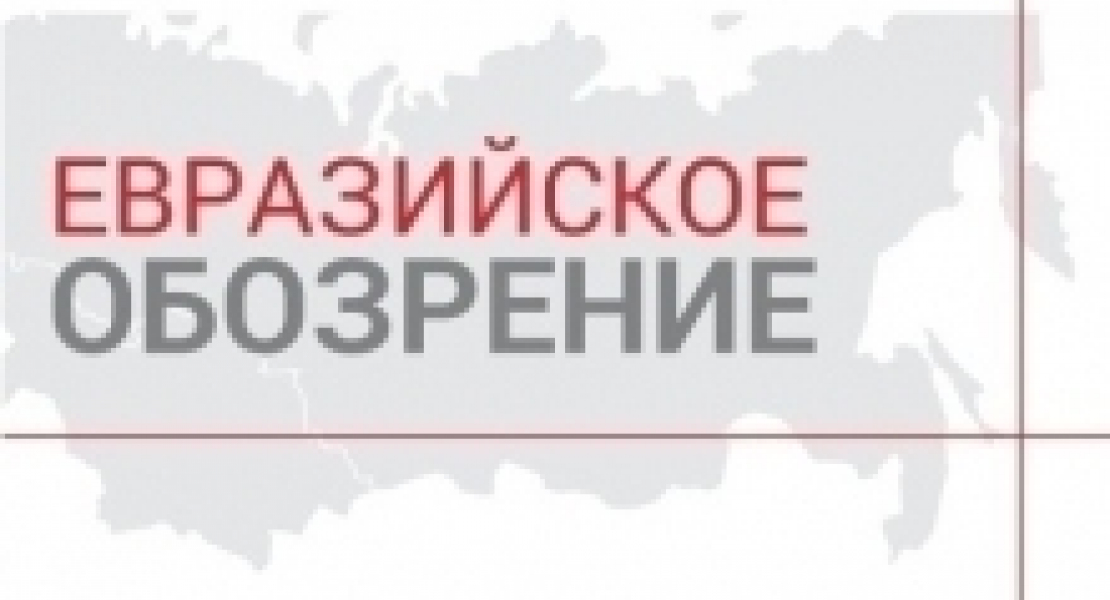BISS presents the sixth issue of the Eurasian Review, which analyzes the processes of Eurasian integration.
Over the past few months, Eurasian integration was marked by a series of significant developments. In August, Kyrgyzstan became a full member of the Eurasian Economic Union (EEU). Also in August, Russia made use of legal mechanisms within the framework of the EEU to ban the import of fish products by some Norwegian companies from the territory of Belarus and other Eurasian partners, even if they are processed first before entering the Russian market.
The broad public is growing increasingly interested in Eurasian integration processes, which appear to enjoy broader media coverage. In September, the country’s leading Internet portal TUT.BY featured a live program, where Andrei Yeliseyeu, the Eurasian Review Editor, and Viktar Spasski, Director of the Department for the Promotion of Integration at the Eurasian Economic Commission, addressed numerous pressing matters of Eurasian integration.
The Main Feature of Eurasian Review No. 6 is the lobbying capabilities of Belarus in the Eurasian Economic Commission (EEC). Roman Kostitsin, Managing Partner at ARS Communications Agency, identified the main peculiarities of the EEC’s communicative system, which bring about new lobbying opportunities for Belarus. The success of the Belarusian side in the development of the EEU technical regulation concerning alcoholic beverages demonstrates that Belarus needs to further foster the culture of the engagement between business and the state in order to benefit from the full use of business associations in the work of supranational Eurasian agencies.
In late May 2015, the EEU signed a Free Trade Agreement (FTA) with Vietnam, which will come into effect two months after ratification by its signatories. That was the EEU’s first ever agreement of this kind. In this context, the Highlights section presents a review of FTA developments. Andrei Yeliseyeu explains why an FTA between the EEU and the European Union is unfeasible in the foreseeable future and outlines the countries, with which FTA processes have been frozen, are ongoing, or may commence.


